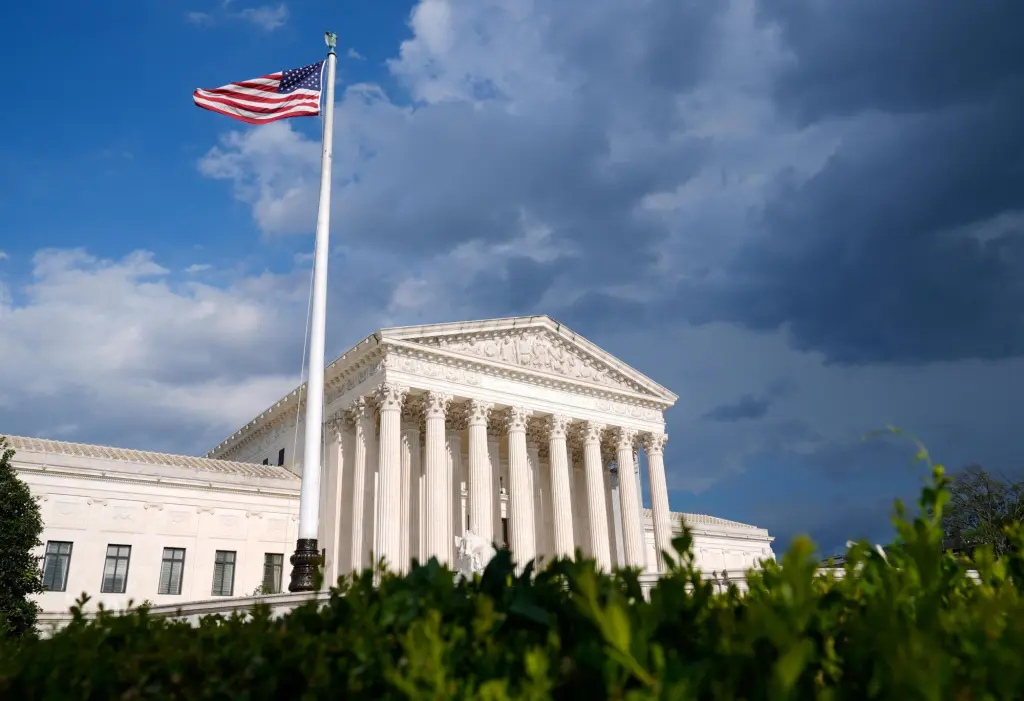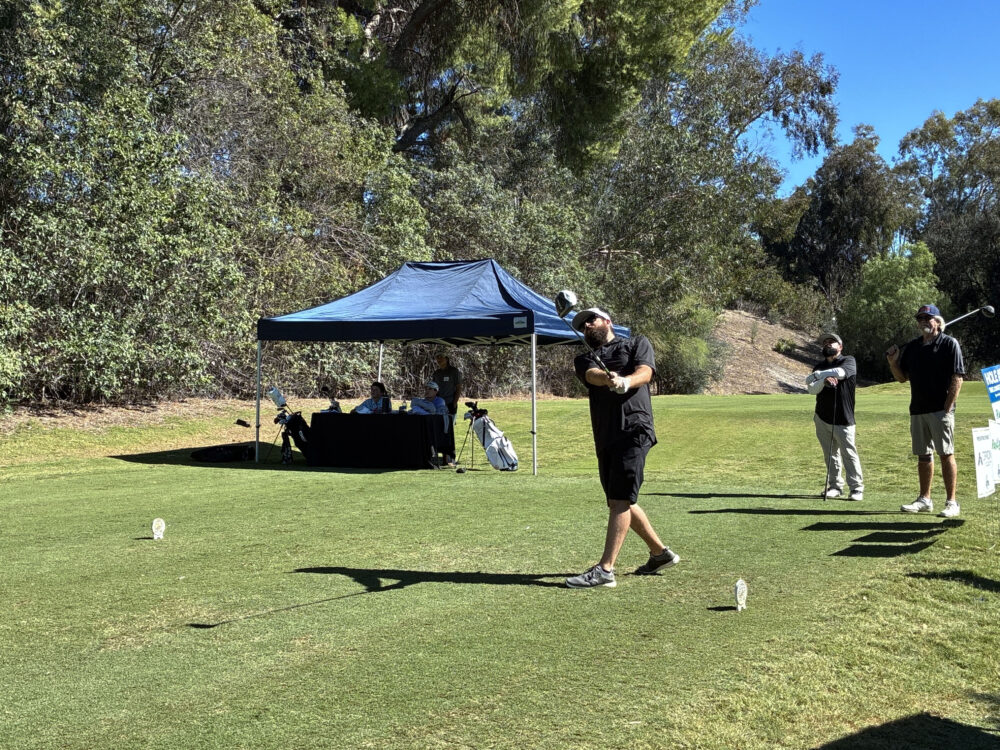Copyright St. Paul Pioneer Press

To place an obituary, please include the information from the obituary checklist below in an email to obits@pioneerpress.com. There is no option to place them through our website. Feel free to contact our obituary desk at 651-228-5263 with any questions. General Information: Your full name, Address (City, State, Zip Code), Phone number, And an alternate phone number (if any) Obituary Specification: Name of Deceased, Obituary Text, A photo in a JPEG or PDF file is preferable, TIF and other files are accepted, we will contact you if there are any issues with the photo. Ad Run dates There is a discount for running more than one day, but this must be scheduled on the first run date to apply. If a photo is used, it must be used for both days for the discount to apply, contact us for more information. Policies: Verification of Death: In order to publish obituaries a name and phone number of funeral home/cremation society is required. We must contact the funeral home/cremation society handling the arrangements during their business hours to verify the death. If the body of the deceased has been donated to the University of Minnesota Anatomy Bequest Program, or a similar program, their phone number is required for verification. Please allow enough time to contact them especially during their limited weekend hours. A death certificate is also acceptable for this purpose but only one of these two options are necessary. Guestbook and Outside Websites: We are not allowed to reference other media sources with a guestbook or an obituary placed elsewhere when placing an obituary in print and online. We may place a website for a funeral home or a family email for contact instead; contact us with any questions regarding this matter. Obituary Process: Once your submission is completed, we will fax or email a proof for review prior to publication in the newspaper. This proof includes price and days the notice is scheduled to appear. Please review the proof carefully. We must be notified of errors or changes before the notice appears in the Pioneer Press based on each day’s deadlines. After publication, we will not be responsible for errors that may occur after final proofing. Online: Changes to an online obituary can be handled through the obituary desk. Call us with further questions. Payment Procedure: Pre-payment is required for all obituary notices prior to publication by the deadline specified below in our deadline schedule. Please call 651-228-5263 with your payment information after you have received the proof and approved its contents. Credit Card: Payment accepted by phone only due to PCI (Payment Card Industry) regulations EFT: Check by phone. Please provide your routing number and account number. Cash: Accepted at our FRONT COUNTER Monday – Friday from 8:00AM – 3:30PM Rates: The minimum charge is $162 for the first 10 lines. Every line after the first 10 is $12.20. If the ad is under 10 lines it will be charged the minimum rate of $162. On a second run date, the lines are $8.20 per line, starting w/ the first line. For example: if first run date was 20 lines the cost would be $164. Each photo published is $125 per day. For example: 2 photos in the paper on 2 days would be 4 photo charges at $500. Deadlines: Please follow deadline times to ensure your obituary is published on the day requested. Hours Deadline (no exceptions) Ad Photos MEMORIAM (NON-OBITUARY) REQUEST Unlike an obituary, Memoriam submissions are remembrances of a loved one who has passed. The rates for a memoriam differ from obituaries. Please call or email us for more memoriam information Please call 651-228-5280 for more information. HOURS: Monday – Friday 8:00AM – 5:00PM (CLOSED WEEKENDS and HOLIDAYS) Please submit your memoriam ad to memoriams@pioneerpress.com or call 651-228-5280. By LINDSAY WHITEHURST, Associated Press WASHINGTON (AP) — The Supreme Court said on Monday that it will consider whether people who regularly smoke marijuana can legally own guns, the latest firearm case to come before the court since its 2022 decision expanding gun rights. President Donald Trump’s administration asked the justices to revive a case against a Texas man charged with a felony because he allegedly had a gun in his home and acknowledged being a regular pot user. The Justice Department appealed after a lower court largely struck down a law that bars people who use any illegal drugs from having guns. The Republican administration favors Second Amendment rights, but government attorneys argued that this ban is a justifiable restriction. They asked the court to reinstate a case against Ali Danial Hemani. His lawyers got the felony charge tossed out after the 5th U.S. Circuit Court of Appeals found that the blanket ban is unconstitutional under the Supreme Court’s expanded view of gun rights. The appellate judges found it could still be used against people accused of being high and armed at the same time, though. Hemani’s attorneys argue the broadly written law puts millions of people at risk of technical violations since at least 20% of Americans have tried pot, according to government health data. About half of states legalized recreational marijuana, but it’s still illegal under federal law. The Justice Department argues the law is valid when used against regular drug users because they pose a serious public safety risk. The government said the FBI found Hemani’s gun and cocaine in a search of his home as they probed travel and communications allegedly linked to Iran. The gun charge was the only one filed, however, and his lawyers said the other allegations were irrelevant and were mentioned only to make him seem more dangerous. The case marks another flashpoint in the application of the Supreme Court’s new test for firearm restrictions. The conservative majority found in 2022 that the Second Amendment generally gives people the right to carry guns in public for self-defense and any firearm restrictions must have a strong grounding in the nation’s history. The landmark 2022 ruling led to a cascade of challenges to firearm laws around the country, though the justices have since upheld a different federal law intended to protect victims of domestic violence by barring guns from people under restraining orders.



